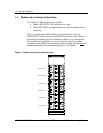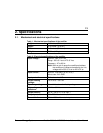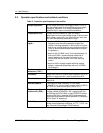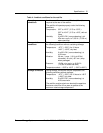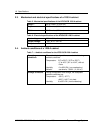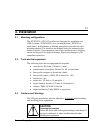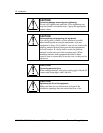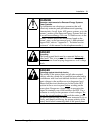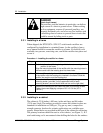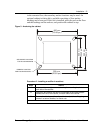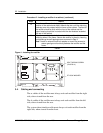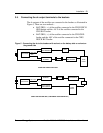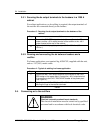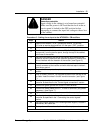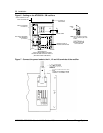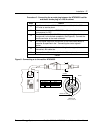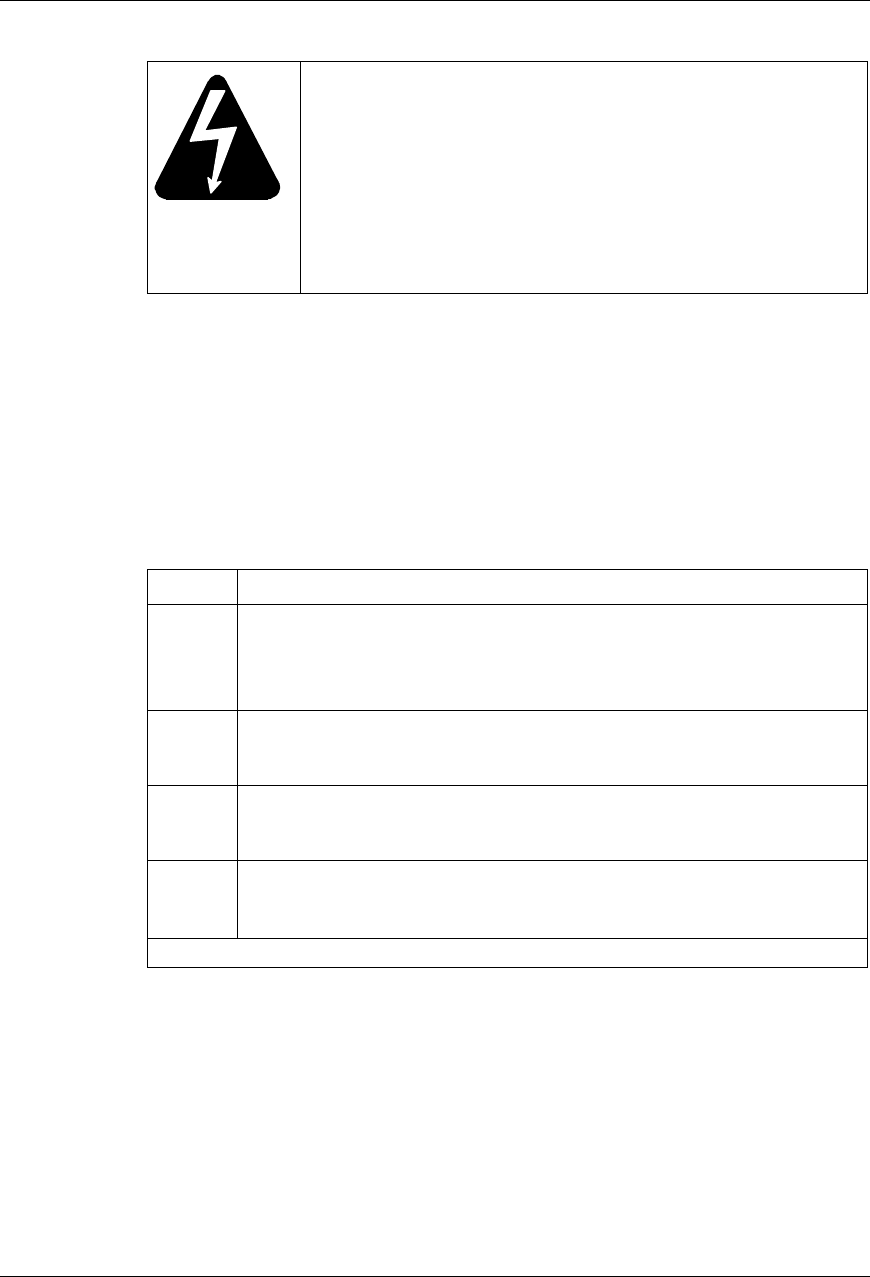
20 Installation
UM5C05C P0745680 Standard 6.00 October 2001 Emerson Energy Systems
DANGER
Short circuit hazard
The rectifiers, and the batteries in particular, can deliver
high current if a short to ground occurs. When working
on live equipment, remove all personal jewellery, use
properly insulated tools, and cover any live busbars with
a insulating sheet of canvas to prevent short circuits that
could be caused by falling tools or parts.
3.3.1. Installing in a frame
When shipped, the NT5C05CA / CB / CC switch mode rectifiers are
configured for installation in a standard frame. As the rectifier is heavy,
use a manual forklift to mount the rectifier in a frame. If a forklift is not
available, two persons, exercising care, can lift the rectifier into place and
secure it.
Procedure 1 - Installing the rectifier in a frame
Step Action
1
Note : Install each rectifier beginning with the lowest mounting
position in the frame.
Align the mounting brackets of the rectifier with the mounting holes in
the frame and insert the locating pins into these holes.
2
Lift the rectifier and align the middle holes in the mounting brackets
of the rectifier with the locating pins inserted in the frame. Slide the
rectifier into position onto the locating pins.
3
Secure the rectifier to the frame by inserting and tightening a
mounting screw ( provided ) in the uppermost holes of each
mounting bracket ( one on the left side and one on the right side ).
4
Remove the locating pins and install the other six mounting screws.
Tighten the screws applying a torque of 6.5 ± 0.5 ft-lbs ( 8.5 ±
0.5 N-m ).
end
3.3.2. Installing in a cabinet
The cabinet is 23.56 inches ( 600 mm ) wide and deep, and 84 inches
( 2134 mm ) high. The anchors provided to secure the cabinet in place are
intended for installation on 3000 psi ( 2 kg per sq. mm ) compressive
strength concrete. Anchors for seismic applications are available upon
request. Slotted holes are provided in the base of the cabinet for anchoring.
The primary locations should be used as a first choice ( see Figure 3 ). If a
steel-reinforcing rod is encountered when drilling the holes for the anchors



